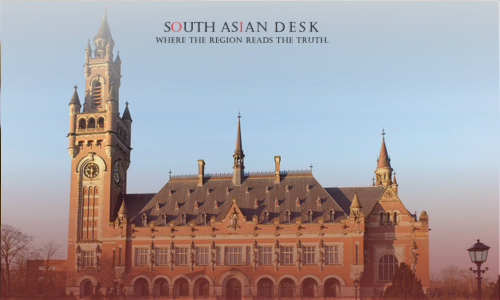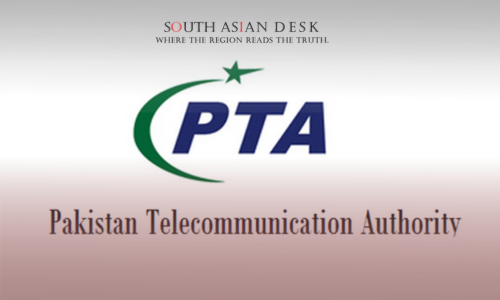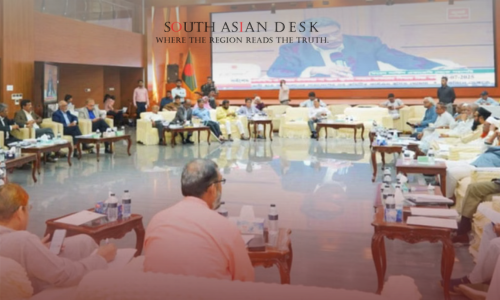The Permanent Court of Arbitration (PCA) in The Hague has issued a significant ruling, affirming its authority to adjudicate disputes under the Indus Waters Treaty (IWT) despite India’s attempt to suspend the agreement. The decision, announced on June 27, 2025, addresses Pakistan’s concerns over India’s Kishenganga and Ratle hydroelectric projects, which Islamabad argues violate the 1960 treaty.
The PCA’s “Supplemental Award of Competence” clarifies that India’s unilateral decision in April 2025 to place the IWT in abeyance does not affect the court’s jurisdiction. The treaty, brokered by the World Bank, allocates the western rivers (Indus, Jhelum, Chenab) to Pakistan and the eastern rivers (Ravi, Beas, Sutlej) to India, with provisions for limited use, including hydroelectric projects. Pakistan initiated arbitration in 2016, challenging the design of India’s 330-MW Kishenganga and 850-MW Ratle projects, citing potential disruptions to water flow.
India has consistently rejected the PCA’s authority, labeling the court “illegal” and arguing that parallel proceedings by a neutral expert, appointed by the World Bank, should take precedence. New Delhi’s suspension of the IWT followed a terrorist attack in Pahalgam, which it attributed to Pakistan without substantiated evidence. The PCA, however, ruled that the treaty remains in force unless mutually terminated by both nations, emphasizing the integrity of its dispute resolution mechanism.
Pakistan welcomed the ruling as a diplomatic victory, reinforcing that unilateral actions cannot halt arbitration. The decision, binding and without appeal, underscores the PCA’s role in resolving water-sharing disputes between the two nations. Discussions on social media platforms highlight Pakistan’s view of the ruling as a win, while Indian commentators express frustration, arguing the term “abeyance” lacks legal grounding.
The PCA’s ruling paves the way for further hearings on the merits of Pakistan’s claims, with a focus on ensuring compliance with the IWT’s technical and legal provisions. This development highlights the ongoing tensions over water resources in South Asia, where both nations face growing demands amid climate challenges.
Published in SouthAsianDesk, June 28th, 2025
Follow SouthAsianDesk on X, Instagram and Facebook for insights on business and current affairs from across South Asia.






